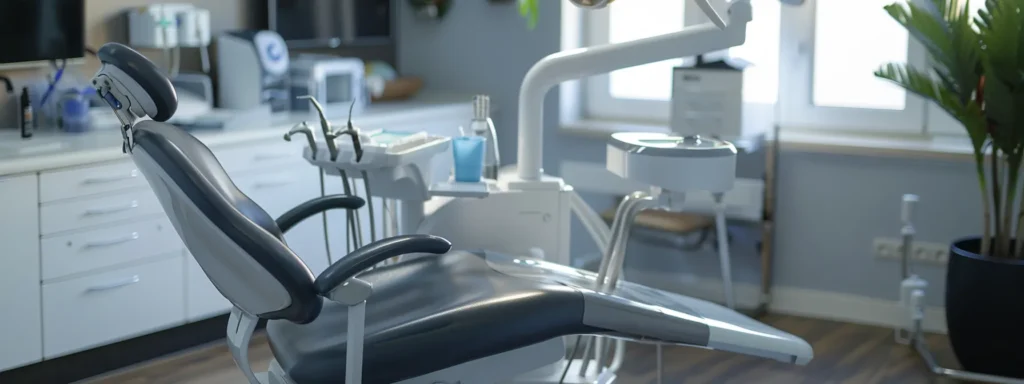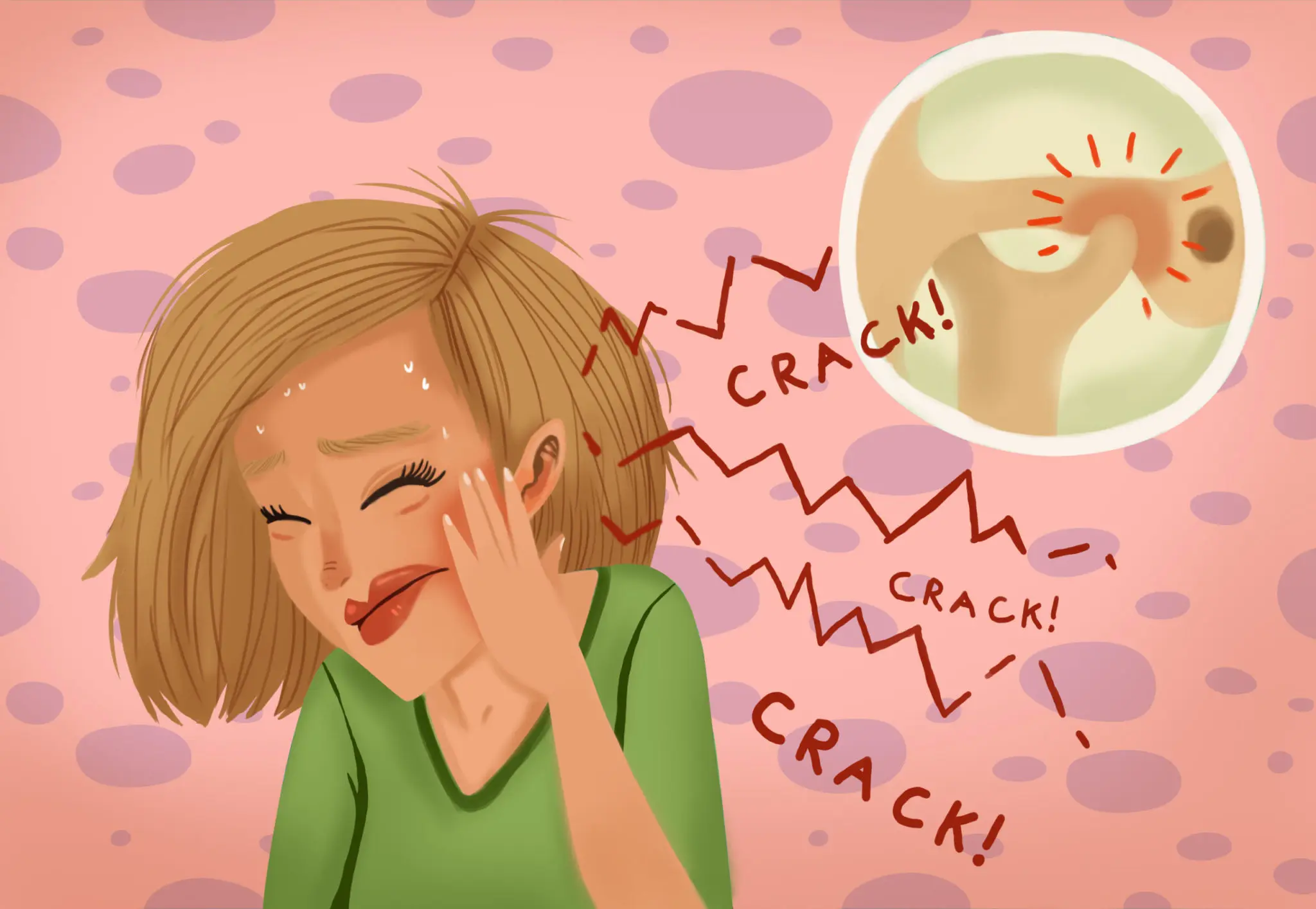Bruxism, or chronic teeth grinding, and TMJ disorders are often deeply connected, forming a cycle that leads to persistent discomfort and long-term dental issues. At Randall Dentistry, Dr. Drew Randall helps patients uncover the root cause of their jaw pain and find effective, lasting solutions.
Bruxism places repetitive pressure on the temporomandibular joint (TMJ), the hinge that connects your jaw to your skull. Over time, this force can lead to joint inflammation, misalignment, and limited function. In turn, TMJ disorders may worsen bruxism by making your jaw unstable or triggering clenching during sleep. Recognizing the mutual reinforcement of these conditions is crucial to designing treatment that addresses both simultaneously.
The Dental Toll of Chronic Teeth Grinding
Teeth grinding often happens at night or during stressful moments, making it easy to overlook until visible damage occurs. What seems like a small habit can actually pose a significant threat to your long-term dental health.
Bruxism contributes to several serious oral health issues:
- Erosion of enamel, leading to increased sensitivity
- Cracks or chips in the teeth from repeated pressure
- Heightened risk of decay due to worn enamel
- Frequent headaches or muscle fatigue near the temples or jaw
Over time, these complications can make even simple tasks, like chewing or speaking, uncomfortable. At Randall Dentistry, we identify these issues early and pair protective solutions, such as custom nightguards, with targeted care to stop damage in its tracks.
Recognizing the Signs and Symptoms of TMJ Disorders
TMJ disorders often fly under the radar, presenting as vague facial discomfort or clicking noises in the jaw. Because these symptoms overlap with other health concerns, they can be difficult to pinpoint without a thorough dental evaluation.
Signs of TMJ dysfunction may include jaw tenderness, headaches, earaches, or pain while eating. Some patients also report restricted movement or a shifting bite. Dr. Randall uses advanced imaging and bite analysis to assess the joint’s health and create a clear plan for recovery. Understanding these subtle signs is the first step in protecting your joint before more serious issues develop.
How Grinding Fuels TMJ Dysfunction
Frequent grinding puts the TMJ under continuous stress, especially at night when you’re unaware it’s happening. This ongoing strain wears down the cartilage in the joint and can cause inflammation, triggering a cascade of joint-related problems.
Early warning signs include:
- Morning jaw stiffness or soreness
- Popping or clicking when opening your mouth
- Difficulty chewing or yawning fully
- Tension headaches or discomfort near the temples
At Randall Dentistry, we address these concerns proactively. With regular monitoring, personalized interventions, and protective devices, patients can significantly reduce the pressure on their TMJ and improve long-term comfort.
Multi-Faceted Solutions for TMJ and Bruxism
No two patients experience TMJ dysfunction or bruxism in the same way. That’s why we take a comprehensive, personalized approach to treatment at Randall Dentistry. Dr. Randall designs care plans that consider your jaw structure, bite alignment, lifestyle habits, and even your stress levels.
Treatment strategies often include:
- Custom-fitted nightguards that prevent nighttime clenching
- Occlusal adjustments to improve how your teeth come together
- Jaw exercises to strengthen surrounding muscles
- Stress-relief techniques and ergonomic tips for jaw relaxation
This well-rounded method not only reduces pain, it also promotes long-term stability and healing, so you can move through your day with confidence and ease.

When It’s Time to See a Specialist
If jaw pain or teeth grinding is interfering with your quality of life, don’t wait until the damage is advanced. Seeking care early is the best way to avoid costly or invasive procedures down the line. Dr. Randall helps patients in Dallas recognize when to intervene and what steps to take next.
Key signs that you should schedule an appointment include:
- Clicking, locking, or discomfort when moving the jaw
- Visible wear or flattening of the teeth
- Sensitivity that doesn’t resolve with regular care
- Consistent soreness in the facial or jaw muscles
Timely evaluation opens the door to gentle, effective care, and often prevents the condition from becoming chronic.
Teaching Patients to Protect Their Jaw
Education is a cornerstone of care at Randall Dentistry. Dr. Randall works with each patient to build awareness of daily habits that could be contributing to grinding or jaw tension. When you understand your triggers, you can make informed choices that reduce stress on the TMJ.
Practical recommendations include:
- Choosing softer foods during flare-ups
- Maintaining good posture to reduce neck and jaw strain
- Practicing mindfulness or breathing techniques to reduce stress
These adjustments empower patients to take charge of their recovery while reinforcing the treatments provided in-office.
Keeping TMJ and Bruxism at Bay: Daily Prevention
Preventive habits can make all the difference when it comes to avoiding future flare-ups of jaw pain. At Randall Dentistry, we help patients build simple routines that protect their teeth and joints for years to come.
Here are some key prevention tips:
- Visit your dentist regularly for jaw assessments and bite analysis
- Use a custom nightguard if you clench or grind at night
- Avoid hard or chewy foods that strain the joint
- Be mindful of posture and jaw tension during work or exercise
Prevention is more powerful than cure. These easy habits can help you avoid future complications and keep your smile, and jaw, feeling its best.
A Healthier, Pain-Free Smile Starts Here
At Randall Dentistry in Dallas, we know how frustrating and painful chronic jaw issues can be. That’s why Dr. Drew Randall is committed to delivering compassionate, thorough care for patients with bruxism and TMJ disorders. Through a combination of modern diagnostics, custom treatments, and lifestyle coaching, we help you reclaim comfort and confidence, one smile at a time.
If you’re dealing with unexplained headaches, sore jaw muscles, or worn-down teeth, don’t wait. Let’s work together to identify the cause and start your journey toward relief. Schedule your consultation today.
Randall Dentistry
214-750-4901
6805 Hillcrest Avenue, Suite 218
Dallas, TX 75205
Frequently Asked Questions
Can bruxism cause TMJ dysfunction?
Yes. Grinding your teeth puts excessive pressure on the jaw joint, which can lead to inflammation, misalignment, and chronic pain. Managing bruxism early is key to preventing TMJ disorders.
What symptoms indicate I might have TMJ issues?
Common signs include jaw stiffness, clicking, difficulty opening the mouth, or facial soreness. If you’re noticing changes in how your bite feels or experience pain while eating, it’s time to schedule an evaluation.
What’s the best way to protect my jaw from grinding?
Wearing a custom-fitted nightguard, managing stress, and making smart dietary choices can all help minimize grinding. Your dentist can also evaluate your bite and offer treatment if alignment is contributing to the issue.





